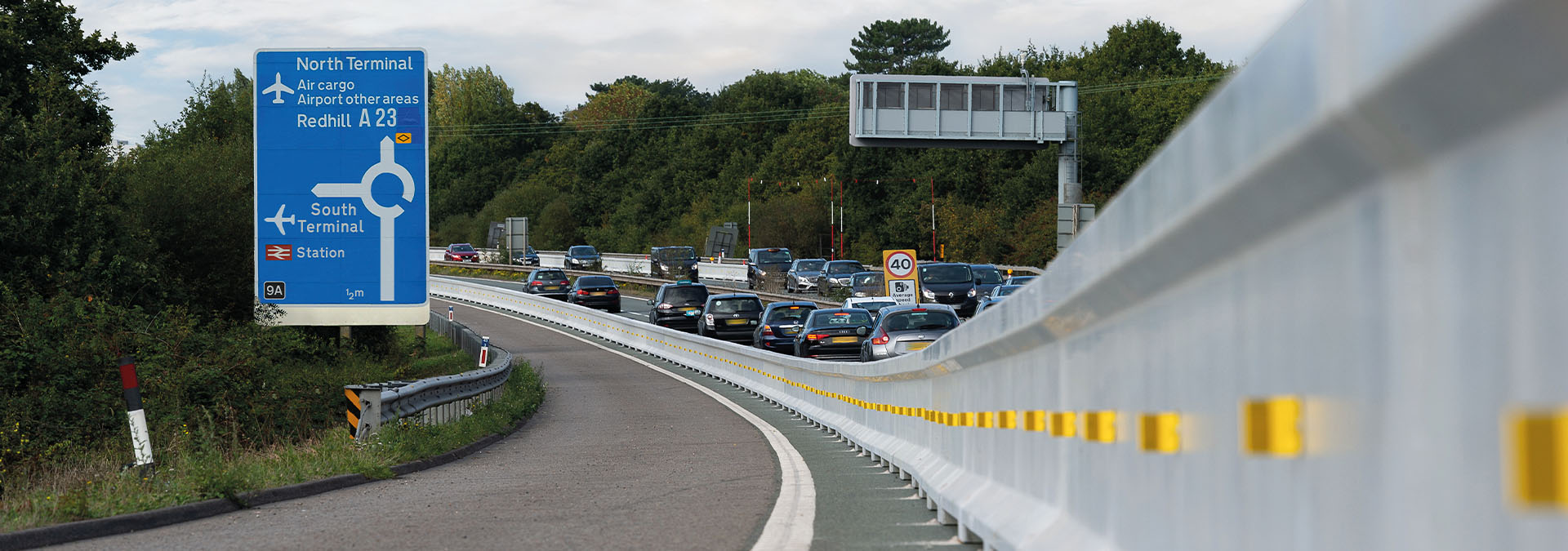

Protecting the World
We have a key role in protecting the world through both the provision of our sustainable infrastructure products and services and through how we minimise our environmental impact as we deliver those products and services.
UN SDGs






